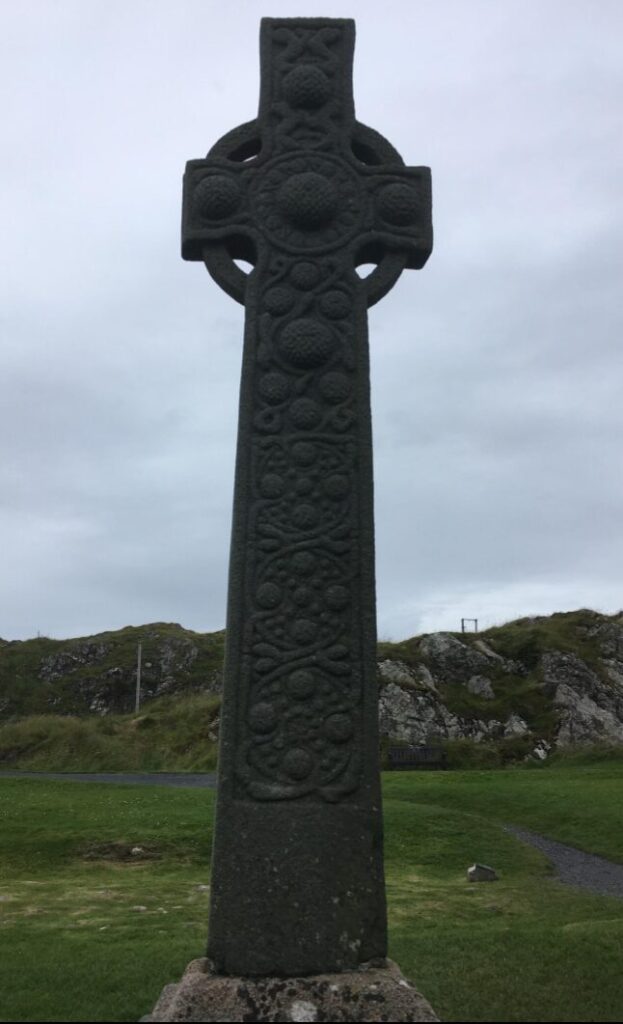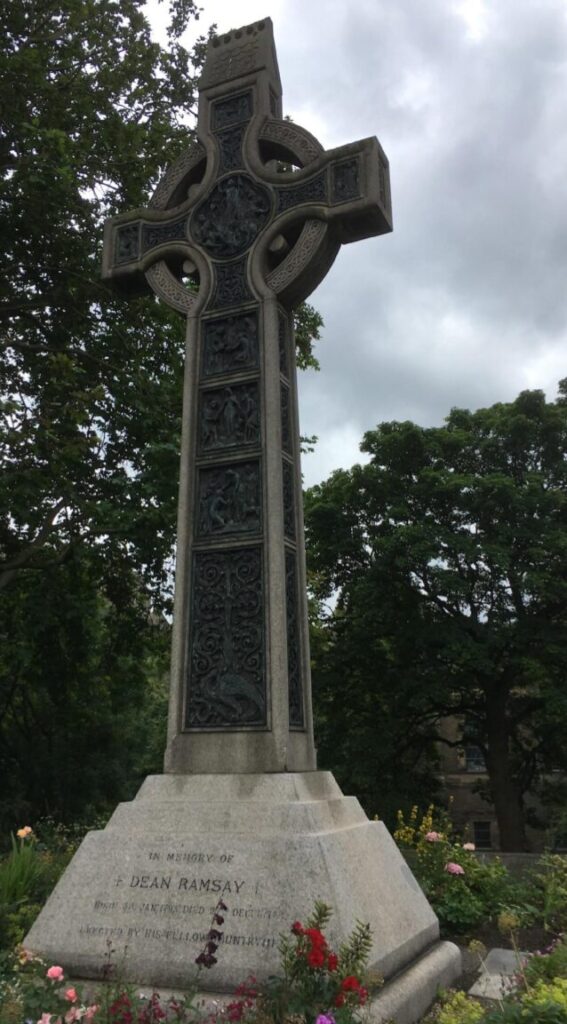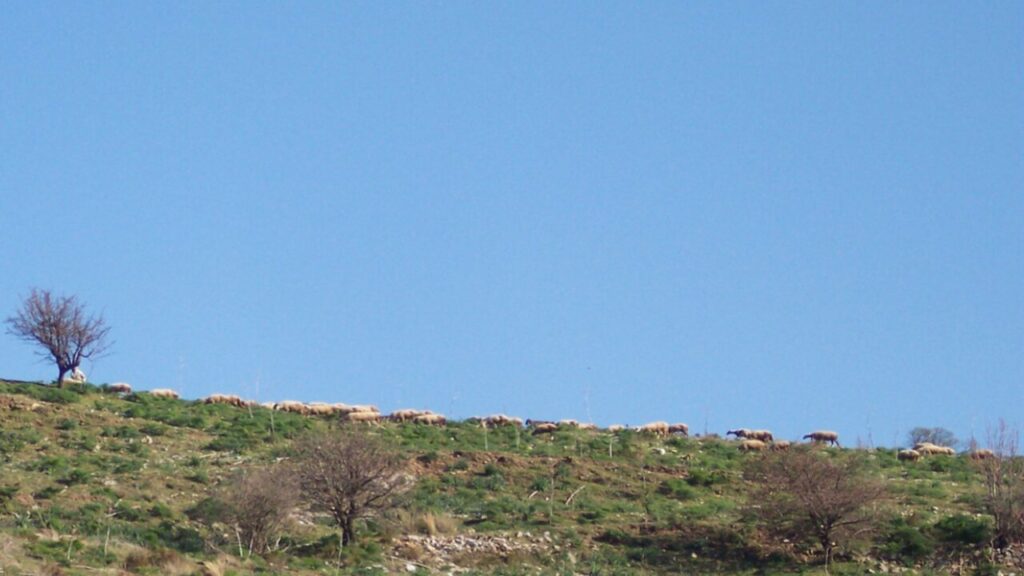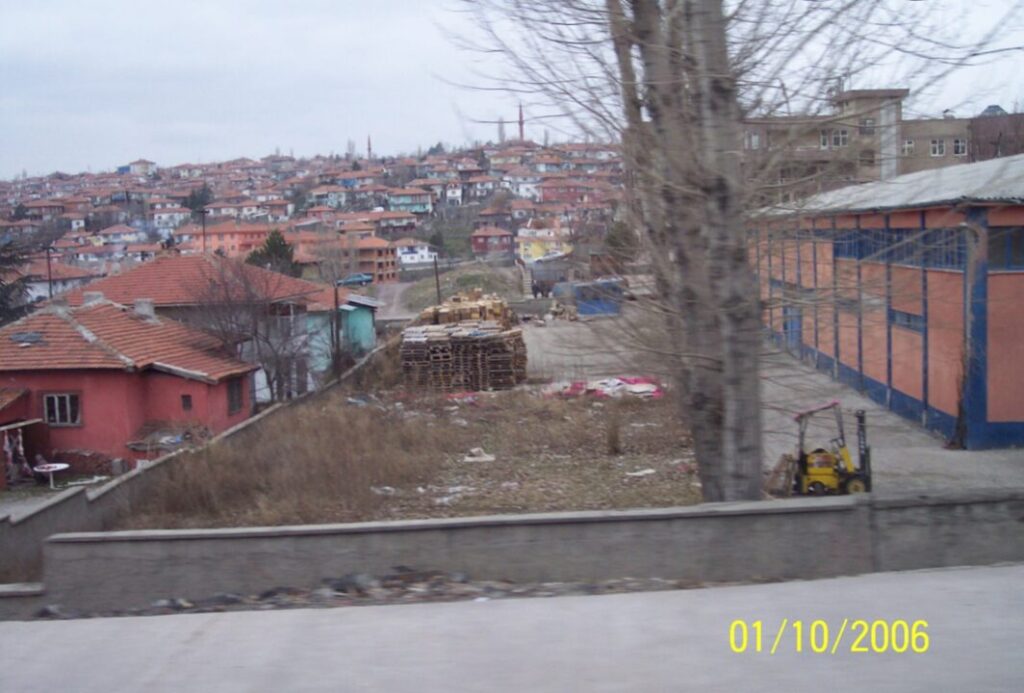Witnesses
Today begins with this very uncomfortable scene.
The women go to the tomb with expectations. They expect to find a dead body. They expect to do what they feel called to do. They want to anoint this body. This is a gift that they want to give to Jesus. To have his body anointed, even though we know he was anointed. We had that scripture a couple weeks ago. With the woman who broke the bottle and poured the gnar all over his head. He was anointed for burial, but they needed to do something. So they go to the tomb and they have expectations.
They’re already thinking, how are we going to move the stone? But interestingly, they don’t bring anyone with them to do that. Probably because the ones that they know best are hiding, remember? Because they didn’t want to be picked up by the Romans. They didn’t want this to end the same way for them. So those guys are in a locked room, but they go because the Romans aren’t looking at them, and what they find does not meet their expectations.
Have you ever had one of those moments when you expected something to play out a certain way, and it didn’t?
It can be frustrating and confusing. Especially when you meet someone that you don’t know who they are or what they are. Maybe they’re an angel.
Somebody dressed in a white robe sitting in a cave by themselves saying his body was there but not anymore. The grave was not robbed. He has been raised. Can you imagine how scared they probably were?
But, I wonder if it isn’t in those moments when our expectations are thrown off, that we actually can have a God moment. A moment where we realize that God is present.
Then he says something very interesting, He says, Jesus goes ahead of you to Galilee. I think that that’s important because the Bible gives us little phrases and asks us to think deeper about them.
“He goes ahead of you.” It’s like a throwaway phrase. But it also means that he has already done everything that we would do. He has lived this life. He was born as a human. He experienced birth, growing up in this world, in his world, not ours. It’d be interesting to see what he would be like today, but he grew up in that world, and he experienced all the heartaches.
He knew what it would have been like to cut his finger or to touch something hot. And he has already died. He knows what it’s like.
Even worse, He knows what it’s like to have his best friends betray him, deny him, all of that, be hurt by those closest to us. I’m guessing some of us know what that’s like. But so does Jesus. And Jesus goes ahead.
That’s a clue. Galilee is where Mark’s gospel started with John the Baptizer. It’s like, go back to the beginning. This is typical for the Jewish people. Jewish people read through the Torah, what we call the first five books of the Old Testament, and when they read Deuteronomy, where Moses dies, then they go back to the beginning, and they start with Genesis 1 again.
So Mark is saying to us, it’s time to go back to the beginning and work through the story again, because you’ll hear things differently this time.
We are not the same people that we were last year. We haven’t read Mark since 2021. Are you different than you were on Easter of 2021? Do you remember Easter of 2021? I remember Easter of 2021. We were in the parking lot, and I ordered 200 cupcakes because I said we are going to come together and we are going to eat.
We have changed since 2021. We are a different people. Thanks be to God. Right? I don’t know how many of us want to relive ’20 and ’21.
We are called to be witnesses.
That’s what the people are. That’s what the women are called to be. And yes, Mark’s gospel doesn’t leave us feeling all warm and snuggly because it says they ran home and told no one.
But we know eventually they told somebody. Because we have the stories. We wouldn’t have the stories if they hadn’t. Right? They did eventually tell someone, but they didn’t tell that someone right away, and that’s okay.
If you’ve ever had an experience of a loved one coming back to let you know that they’re okay, most of us don’t talk about it, but you all tell me. So I know lots of those stories. You don’t want to admit it to each other, but I know lots of those stories.
We’re called to be the witnesses.
So how do we witness to Jesus? Life? We live it. We work for justice. We feed the person who’s hungry. We give water to the person who’s thirsty. We visit the person who’s imprisoned and we work to change systems so that when people are sick they don’t go unpaid. When people need medical care they get the care they need. That’s how we witness.
We recognize that we are meant to be the love and mercy of God present in this world.





